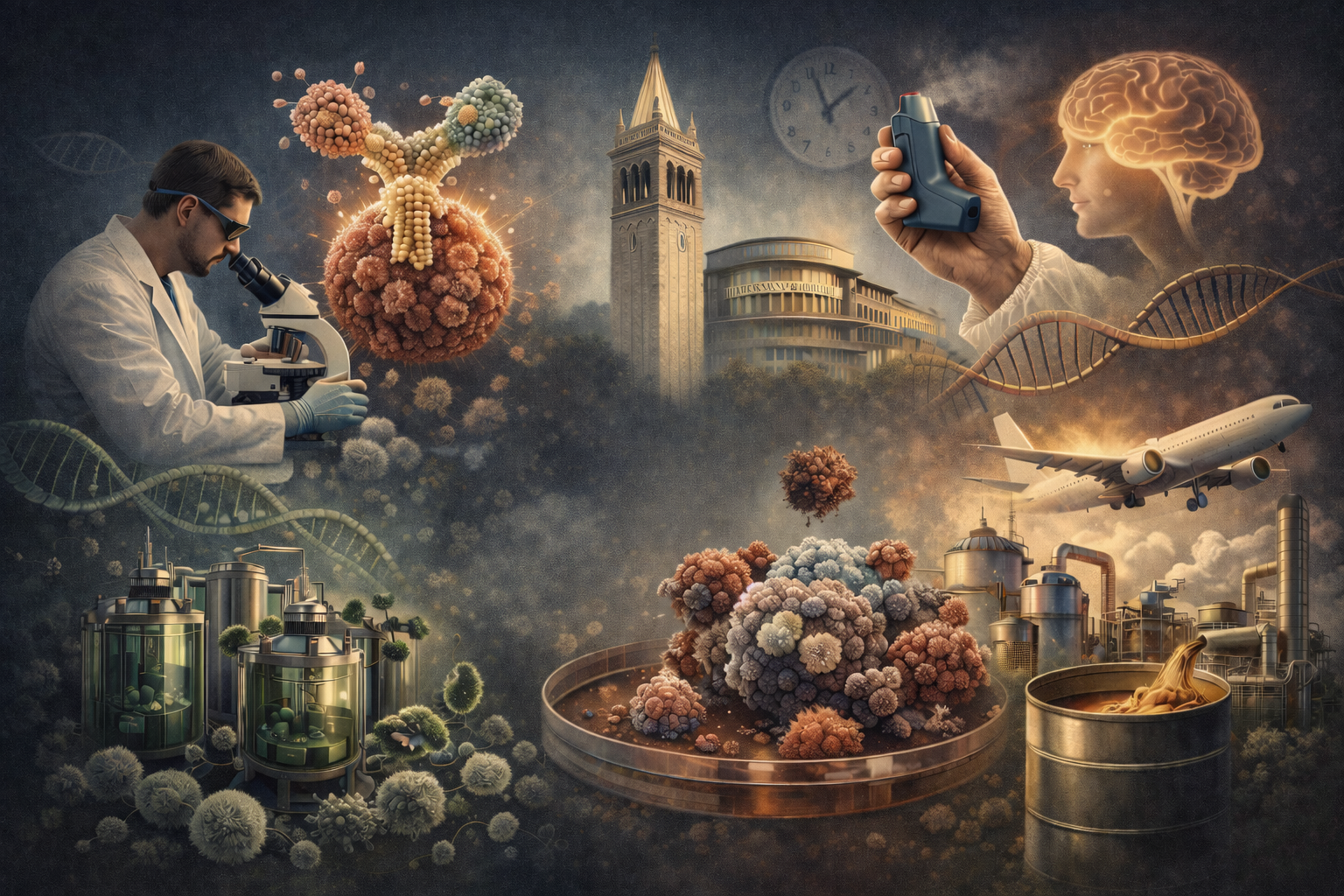When I look back on 2023 I already know a question I’m likely to be asking for a long time: how big was the 2023 AI impact? It’s everywhere in our media and very much top of mind in most founder discussions we have at Freeflow. Increasingly, it’s become clear that deep tech is quickly becoming deep compute. Scientific discovery is experiencing a Cambrian explosion and its supercharging substrate is the new universe of AI, ML, GPUs and LLMs.
In his new book The Coming Wave, DeepMind co-founder Mustafa Suleyman describes the current state: “Now, alongside a host of technologies including synthetic biology, robotics, and quantum computing, a wave of fast-developing and extremely capable AI is starting to break.”
From The Economist this month:
“Though it has been part of the scientific toolkit since the 1960s, for most of its life AI has been stuck within disciplines where scientists were already well-versed in computer code—particle physics, for example, or mathematics. By 2023, however, with the rise of deep learning, more than 99% of research fields were producing AI-related results, according to CSIRO, Australia’s science agency (see chart).”
The ubiquity and convergence of computational power has both democratization and acceleration effects for the entire scientific endeavor. The simple notion of long term hypothesis exploration is rapidly becoming a thing of the past. From an August paper in Nature: “Scientific discovery in the age of artificial intelligence”:
“Formulating meaningful hypotheses can be a laborious process, as exemplified by Johannes Kepler, who spent four years analysing stellar and planetary data before arriving at a hypothesis that led to the discovery of the laws of planetary motion.”
The concept of in silico science is a reality today. Generative AI pumping out hypotheses in the millions and vetting them in seconds is a complete gamechanger. It’s conceivable that today Kepler could arrive at his conclusions in 4 minutes instead of 4 years. His human brain algorithm took 4 years to make important connections about the planets, with most of that time likely spent testing the wrong conclusions.
Computational science enables researchers to avoid the wasted time of separating signal from noise. The signal with no insight. The test with no repeatable results. The dead end idea. With less time focused on off target shots, this means many more shots on goal combined with self improving accuracy with each and every shot. How much faster can we move when we can avoid all the false starts?
Productizing AI in Deep Tech
In one example from our portfolio, H2U Technologies is using AI-driven chemistry analysis to identify and develop low cost electrocatalysts – a missing link to unlocking the potential of clean and affordable hydrogen energy. The company’s Catalyst Discovery Engine is an example of productizing AI with a very specific, but massive mission. The green hydrogen market is estimated by Goldman Sachs, Bank of America and Bloomberg to reach $11 to $12 trillion by 2050. Unlocking that value is largely dependent on finding better, cheaper, more sustainable catalysts.
In another example, our first investment, Entos, is using AI to develop more effective cancer therapeutic candidates. Their OrbNet technology is an AI-driven drug-development process that creates a thousand-fold acceleration in molecular properties prediction with 100x less training data required. Within two years of launch, Entos has already advanced four drug candidates into the clinical testing phase of commercial development.
In a recent talk with NVIDIA, Entos CEO and co-founder Tom Miller said of their platform:
“Orbnet bakes in quantum mechanics into the machine learning architecture to allow for the prediction of many different drug discovery properties and to reveal hidden structure activity relationships and to allow us to unlock new areas of chemical space that otherwise would have been missed.”
When we experience an “Aha” moment, it’s often accompanied by the surprising recognition that the answer and insight was lying in plain sight all along. AI is helping scientists not miss the answers often hiding right in front of them. This is giving back precious and valuable human intelligence time that can be focused on bringing those answers to the masses in the form of real world cures, solutions and products that improve human and planetary health.
Other articles
January 14, 2026
Five Berkeley Spinouts Reflect Our Simple Thesis: Back Insatiably Curious Scientists Tackling Massive Problems
At Freeflow Ventures, our investment thesis is straightforward: we back…



